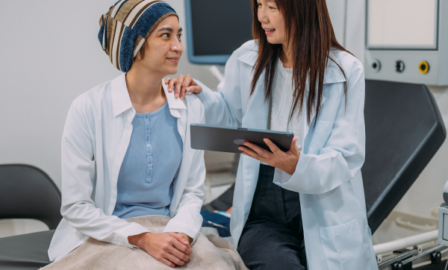Biosimilars: The Current State & Way Forward
Based on estimates from industry analysts, the market for biosimilars could grow to $24B by 2019. However, despite efforts by the Food and Drug Administration in the US, there still exists a great deal of regulatory ambiguity surrounding biosimilars. To date, no company has filed for approval of a biosimilar drug since the creation of the FDA’s new approval pathway for biosimilars set forth in Title VII of the Affordable Care Act.
Because of the complexity of these products the FDA has made the decision to evaluate product development programs on a case-by-case basis. To reduce the risk associated with product launch, companies will have to work closely with the FDA to design studies, leveraging existing clinical data to demonstrate the efficacy and value of new molecules.
Nomenclature and interchangeability are two of the regulatory issues that are still being ironed out. There were a number of state legislative measures introduced in 2013 that sought to limit the substitution of biosimilar products. Though these measures were largely defeated, there is yet to be a decision on the naming of products in the United States. In the European Union, the most developed market for these products, biosimilars use the same international nonproprietary name (INN) as their reference product. While some companies and groups are in favor on adopting the EU practice in the US, many are against it.
Regardless of the final nomenclature decision, one thing is clear: educating patients and clinicians about the safety and efficacy of biosimilar products will be the key to ensuring adoption. As noted in Clarkston’s 2014 Generics Industry Trends report, focusing on a cost saving message will be helpful to ensuring adoption after approval.
Because of the inherent risk and ambiguity associated with launching biosimilars, many companies are seeking out partnership arrangements. Contract manufacturing organizations can provide critical services throughout the product development and manufacturing cycle to firms that lack biologic manufacturing capability. Similar partnerships with contract research organizations (CROs) will provide comparable benefits in the design of clinical trials. Additionally, CROs with experience developing trials for approval with the EMEA will be sought after partners for US market entrants.
Early entrants into the emerging biosimilar market will continue to face challenges when bringing their products to market. For organizations with experience operating in tightly regulated industries like the US and EU, access to biologic manufacturing and clinical trial expertise will offer a competitive advantage.


